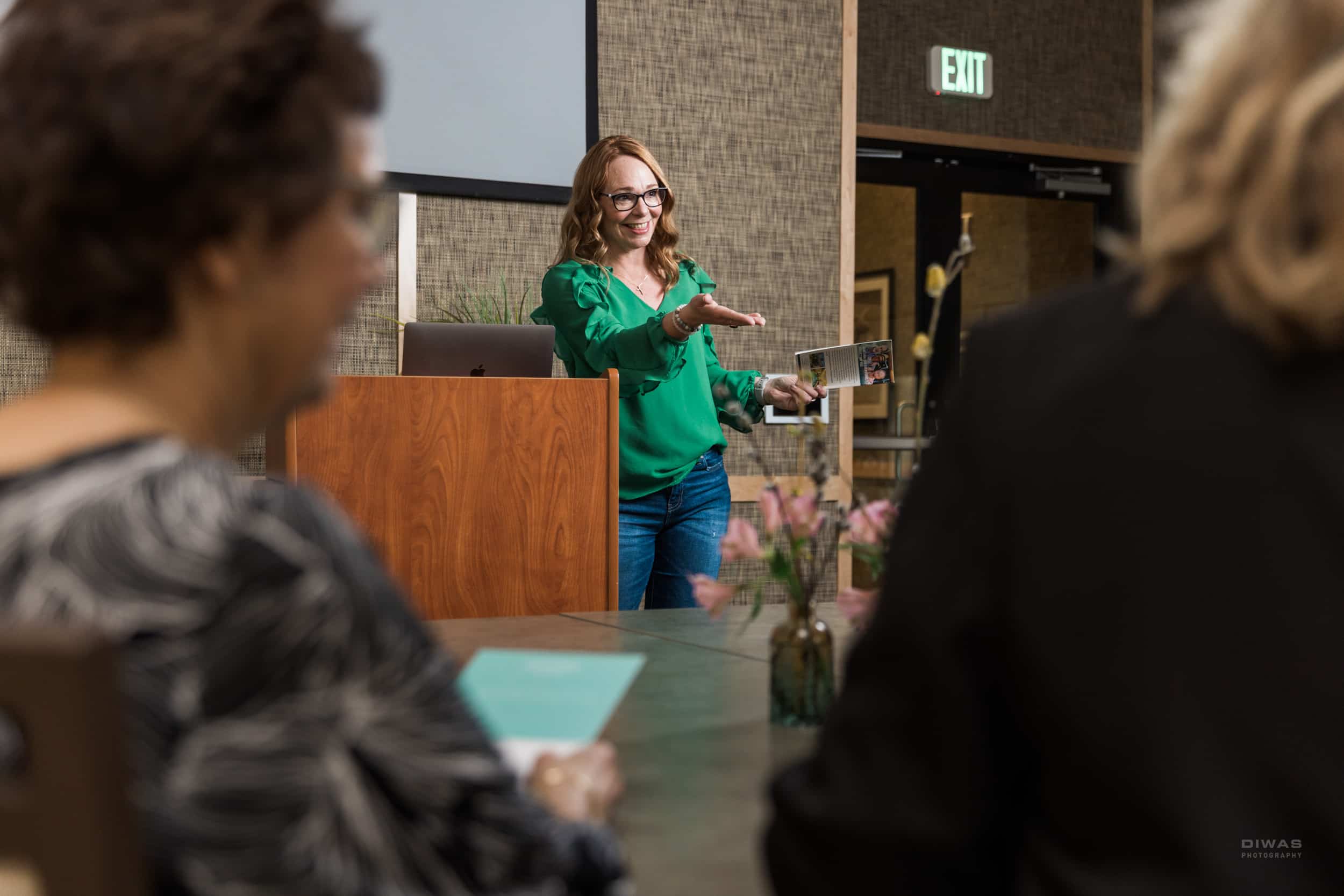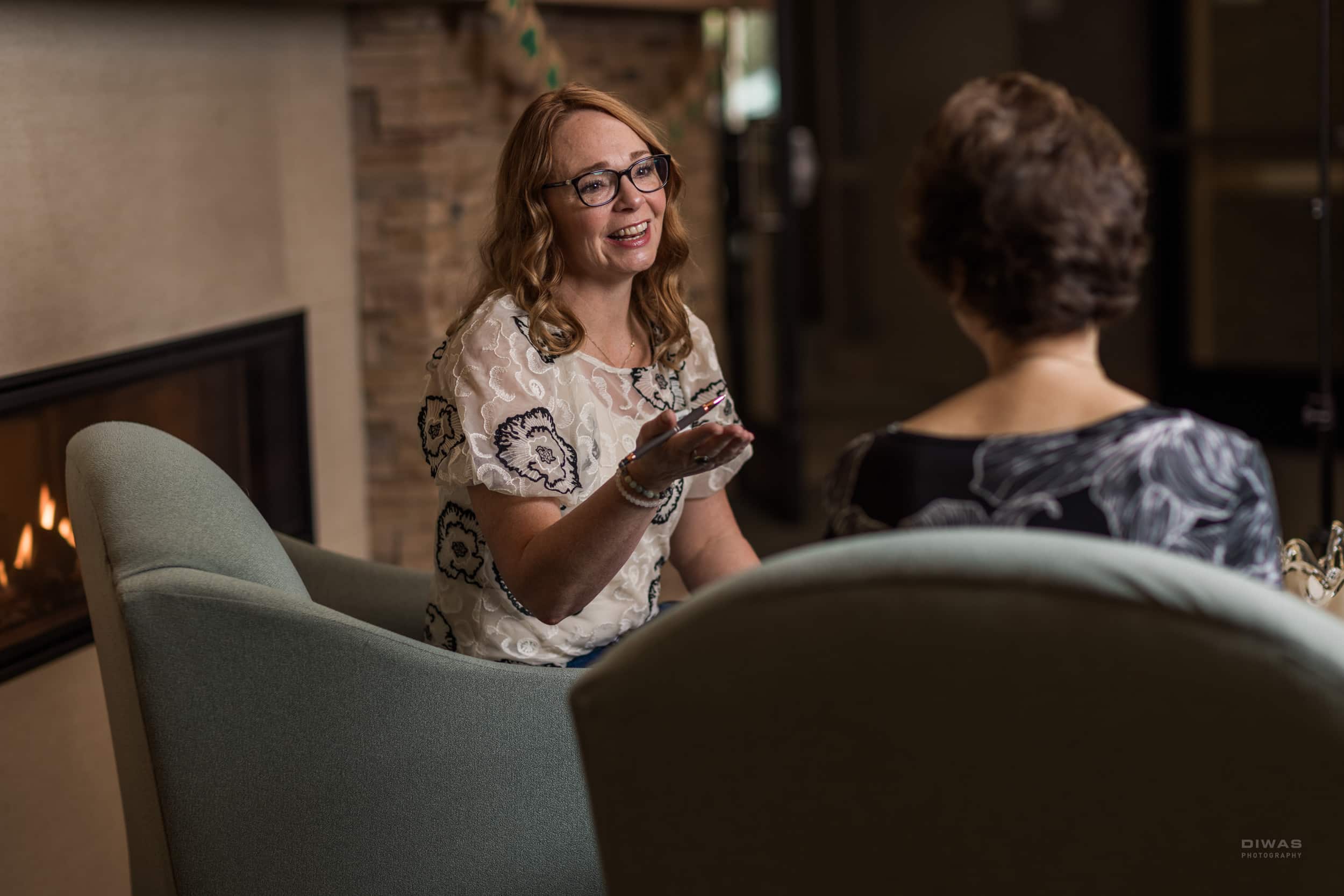
Spring is in the air bringing a feeling of newness and change. March–May, is the most popular time to list a home. With the Northwest still experiencing a strong sales market, and a high bidding war probability, now is a great time to consider change!
Many of my clients will rely on their home’s equity to fund 100% of their retirement. Some will need the equity to supplement long-term care for decades to come. Selling their home is typically the top solution to their evolving needs in aging.
This process of saying goodbye to such a personal space is quite emotional. That space where they experienced special, once-in-a-lifetime memories and moments that flew too fast. Life is all about the journey, full of the ebbs & flow of change – a necessity at the top of life’s list. I recently assisted a client who had to move but resisted the change. Her two-story house was not ideal for her declining mobility and cognitive decline. While she didn’t need to sell her home, she did need to make a move.
Here are a few takeaways from this experience.
Everyone needs to be on the same page. If a loved one responds differently than the majority of the family to acknowledge the need for help, it could derail the entire plan and the acceptance of it. Everyone needs to stay united in a confirming, positive framework. Your loved one may focus on the one “out” they have, the person saying what your loved one wants to hear. This may cause your loved one to defy the plan, a plan they desperately need. This can create stress and frustration with the other family members, especially for the ultimate decision maker.
Choices are always best. Start with making a list of the things you like about your home, such as sun, shade, balcony, patio, a quiet setting, near an exit, or extra room for an office. Would you like laundry in your space, or have someone do your laundry? Use these as a guideline and look at several housing options.
Downsizing is a must. Once a place is chosen, many of the beloved knickknacks, heirloom furniture, and formal dining sets most likely won’t make the move with your loved one. Starting with a layout that includes dimensions, or photos and videos of the space. These are helpful to understand how much space you have. Then use colored sticky notes as a visual for items that need to go. For example, green for go and yellow as a “maybe” if there is room.
Make it their own. If loved ones need extra help, set up the space to resemble their home before arrival. It will feel familiar, calm, and reduce the disruption of a move. Pictures, personal special chairs, and blankets will make the space their own. Having their set-up move-in ready will reduce the stress.
Make move-in day special. Go out to brunch, get a mani-pedi, or get their hair done before showing up to their new forever home. Think of it as the first day at work or school. Everyone feels better when they look and feel good. A little pampering should help them feel their best!
Settling in takes time. During the weeks after moving in, consider what works and what doesn’t. Take things out, move other things in until you have what is truly needed and wanted. Be flexible for your loved one. They might change their mind, and that is OK. It’s a big change. Even though it’s for the better, it’s still a lot to go through. For some, the weeks before and after brings sleepless nights and short patience for all. Tension might be high. Just know that while frustrating, this is a normal part of moving your loved one.
The prep work involved with moving a loved one from their home of many years is an emotional roller coaster and a lot of work. You don’t have to go this alone. I work with many professional partners who make the process of change easier. Trusted partners make a difference.
- Real estate teams that fix the home with 0% interest loans, provide ease of sale, increased value options, and maximize the property.
- People who set up, stage, pack, and unpack in the exact layout needed.
- Legal support to create necessary support documents such as a Power of Attorney or family trust.
- Registered Nurses who administer assessments for a move to an adult family home.
The list goes on. If you’re a DIYer, I’ve compiled a checklist to assist you as you consider your loved one’s unique needs for moving. It can be used to assess your property and prepare for what is provided, or not, at your new home. Should a need ever arise, planned or unexpected, we will find a solution together. It’s my honor to be on hand to provide support, efficiency, or unload boxes.
-
Previous Post
Let’s Chat Healthy Hearts
-
Next Post
Learn How Our Memories Shape Us






